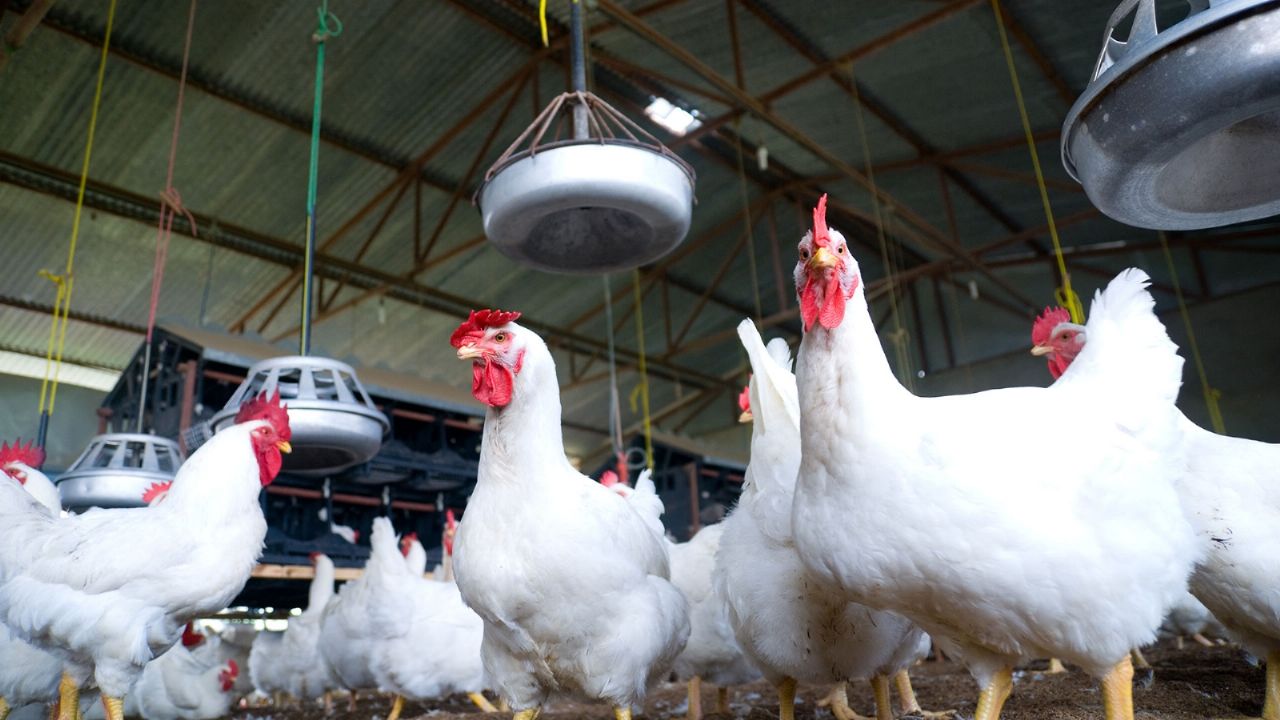The health authorities remain on alert for cases of bird flu throughout the country, which amount to 40 after detecting a new contagion in the province of Santa Fe.
So far the cases of influenza have been detected in 10 provinces, however it was known in the last few hours that there was a massive outbreak on farms in Río Negro and Mar del Plata where more than 200,000 chickens died from the bird flu.
This given that after detecting cases of bird flu in poultry in these locations, the rest of the animals had to be culled to prevent the disease from spreading to other farms.
In total, 220,000 birds died in Río Negro; while in Mar del Plata there were 20 thousand. Additionally, in Neuquén, another 11,000 chickens were sacrificed to confirm the existence of the virus.

It should be remembered that so far cases of influenza have been detected in the provinces of Córdoba (16), Buenos Aires (9), Neuquén (4), Santa Fe (4), Río Negro (2), Chaco (1) Jujuy (1), Santiago del Estero (1), San Luis (1) and Salta (1).
Of the 40 confirmed cases, 32 occur in backyard birds, 4 in wild birds, and 4 in the commercial sector. However, the authorities have stressed that the virus is not transmitted by eating eggs, chicken or their derivatives.

For this reason, the Government ordered the reinforcement of sanitary control measures in the affected provinces, in addition to redoubling biosafety regulations to prevent more cases from occurring, and that the virus does not affect humans.
What are the recommendations
In places where it has been confirmed the virusor in case of suspicion, the authorities recommend:
- Frequent hand washing with soap and water or using alcohol-based hand sanitizers
- Avoid direct contact with wild birds and, if possible, only observe them from a distance.
- Avoid having unprotected contact with poultry that appear to be sick or dead.

- In relation to birds in large cities (sparrows, pigeons) the risk is considered very low since these birds have not shown to date to be very susceptible to the virus.
- In the event of finding a sick or dead bird, avoid contact and notify the health authorities of SENASA (National Service for Food Health and Quality).
- Do not touch surfaces that could be contaminated with saliva, mucus, or feces from wild or poultry birds.


















